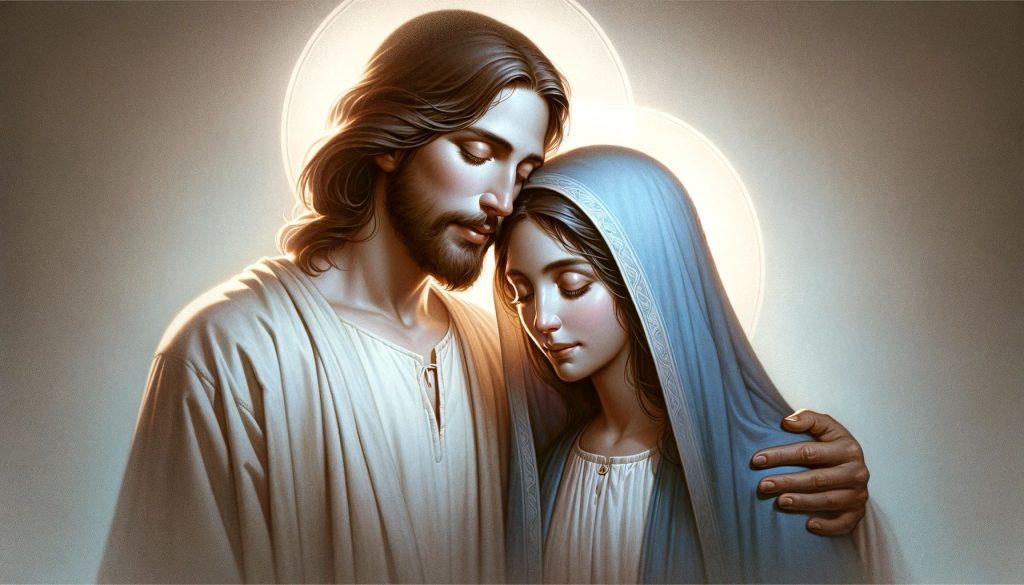The story of Pharaoh’s hardened heart in the Exodus narrative is a complex and often misunderstood aspect of the Catholic Bible. This matter raises important questions about free will, divine intervention, and the nature of God’s actions. To understand this, we need to delve into the scriptural accounts and the interpretations that have been drawn from them over the centuries.
Scriptural Perspectives
The Book of Exodus in the Douay–Rheims Bible presents various instances where Pharaoh’s heart is described as being hardened. Notably, in Exodus 8:15, it is stated: “And Pharaoh hardened his own heart.” This verse is crucial for understanding the dynamics of the situation. It indicates that Pharaoh, the Egyptian ruler, actively chose to harden his heart, which in the biblical context means being stubborn or unyielding.
The Role of God in Hardening the Heart
The idea that God hardened Pharaoh’s heart is also present in Exodus. However, it is essential to interpret this within the Jewish cultural and linguistic context of the time. In biblical language, especially in the Old Testament, God is often depicted as actively doing something that, in more modern terms, would be understood as allowing or permitting.
The act of hardening the heart, therefore, can be seen as God allowing Pharaoh to exercise his free will, even when that choice leads to negative consequences. This perspective aligns with the broader biblical theme that God respects human free will and allows individuals to make their own choices, even when those choices are against His will or commandments.
Understanding Divine Punishment
When discussing the punishment that followed Pharaoh’s decision, it’s important to recognize that the consequences were a result of his choices. The plagues and the ultimate downfall of Pharaoh and his army were not arbitrary punishments but were directly linked to his actions and decisions. In this sense, the narrative serves as a lesson about the repercussions of hard-heartedness and disobedience to God’s will.
Conclusion
In conclusion, the story of Pharaoh’s hardened heart is not about a capricious deity punishing an individual for actions they were forced into. Instead, it is a profound exploration of free will, divine justice, and the consequences of our choices. Pharaoh’s decision to harden his own heart, despite the repeated requests and warnings, stands as a testament to the human capacity for self-determination and the serious implications of our moral choices.
🙏 PayPal Donation Appreciated
The Case for Catholicism - Answers to Classic and Contemporary Protestant Objections
Disclaimer: As an Amazon Associate, I earn from qualifying purchases. Thank you.
